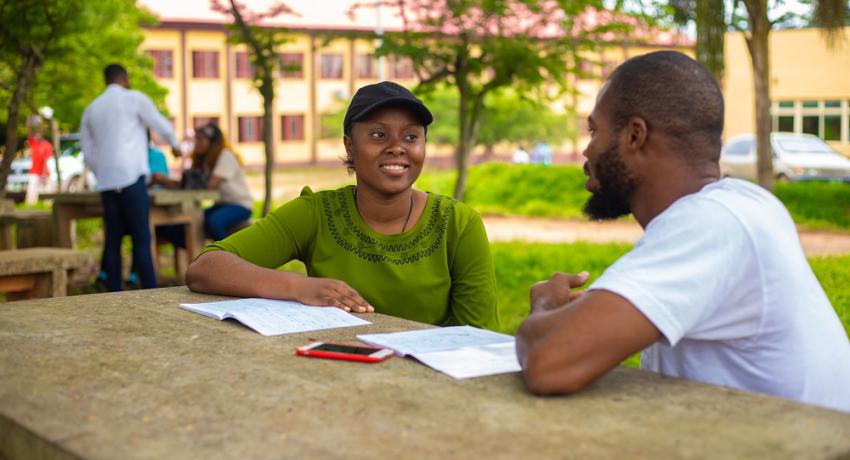January is National Mentoring Month – a month dedicated to celebrating mentors and their positive influence on young people. Youth who have mentors experience many benefits. They are more likely to enroll in college and less likely to drink or do drugs. They participate in more sports and extracurricular activities, have better school attendance, and show overall improvement in social well-being.
In partnership with MENTOR Washington, DCYF is helping to promote, support, and expand quality mentoring that fosters positive youth development, academic success, and job and career readiness.
This year, Governor Jay Inslee proclaimed January as Mentoring Month in Washington, encouraging all people in our state to recognize the importance of strengthening communities through mentoring.
“Mentoring is a critical component in young people’s lives, which is why it is so important for us to honor the mentors who volunteer their time, as well as promote the continued need for mentors in our communities across the state,” said DCYF Secretary Ross Hunter.
DCYF is prioritizing youth engagement and peer/mentoring supports across agency goals and the work needed to expand services, address racial and ethnic disparities, and remove barriers for these youth. In addition to including youth voices in discussions and decision-making, some of this work includes:
- Establishing a peer support program specialist position to lead agency efforts and contracting for Peer Bridger reentry supports.
- Connecting young people to peer networks such as SPARK (Students Providing and Receiving Knowledge).
- Providing culturally responsive mentoring supports through Relevant Engagement, Hope for Homies, and River Ridge High School Native Student Program.
- Offering financial literacy education for youth with Your Money Matters.
- Supporting Credible Messenger mentoring (Progress Pushers and Big Homies), transformational mentoring (Friends of the Children), and peer-to-peer programs such as MADE Men.
To learn more about mentoring programs and opportunities, contact dcyf.adolescentprograms@dcyf.wa.gov.

